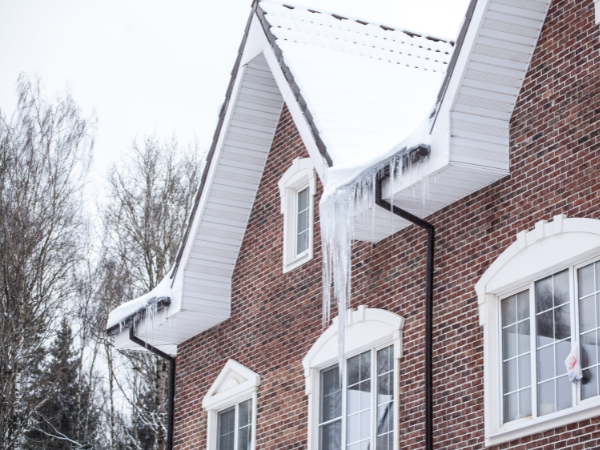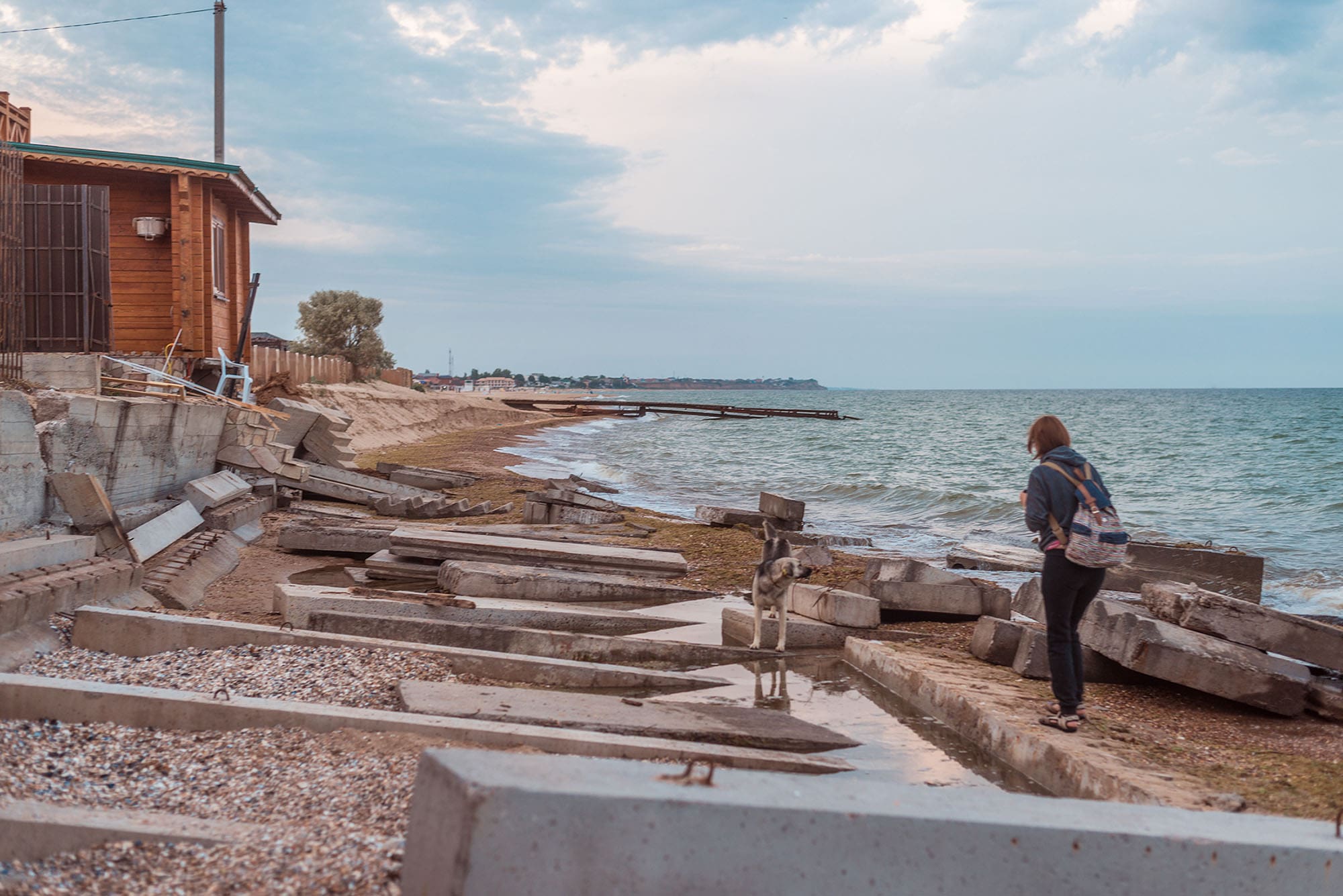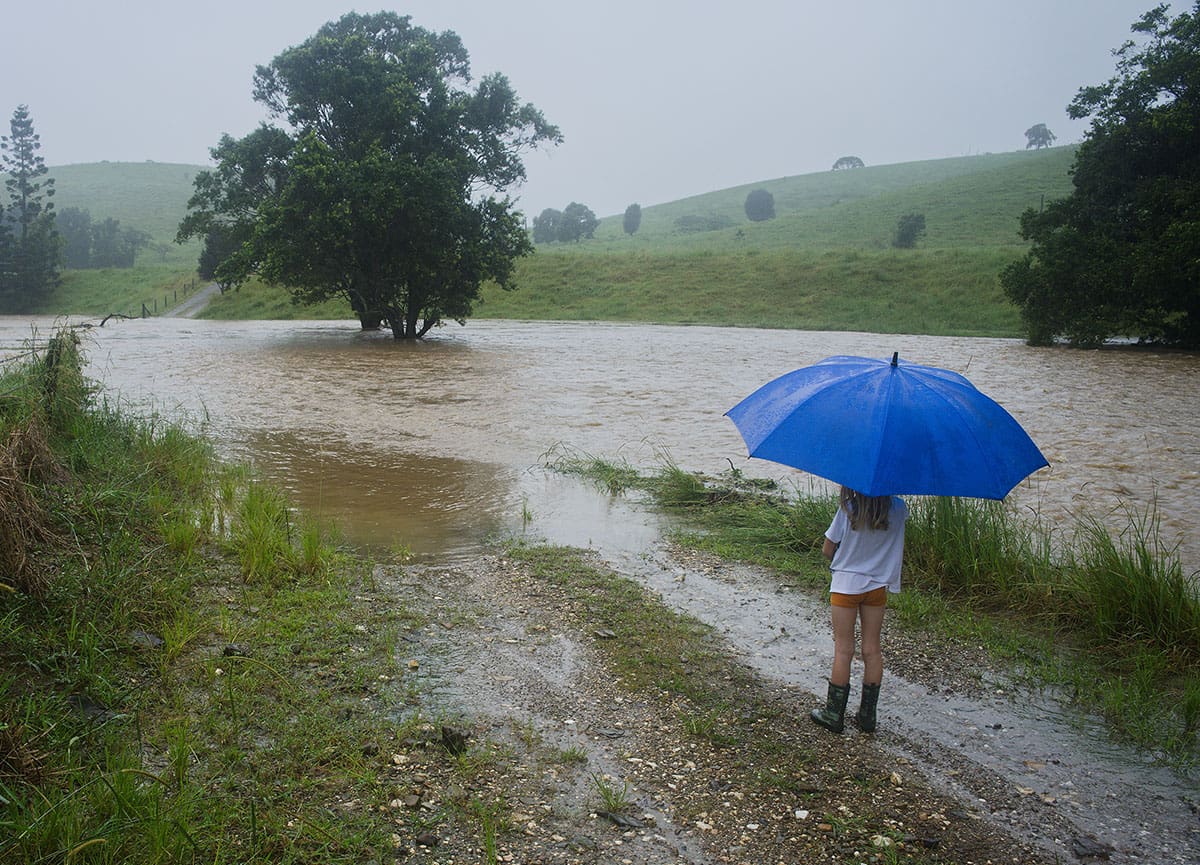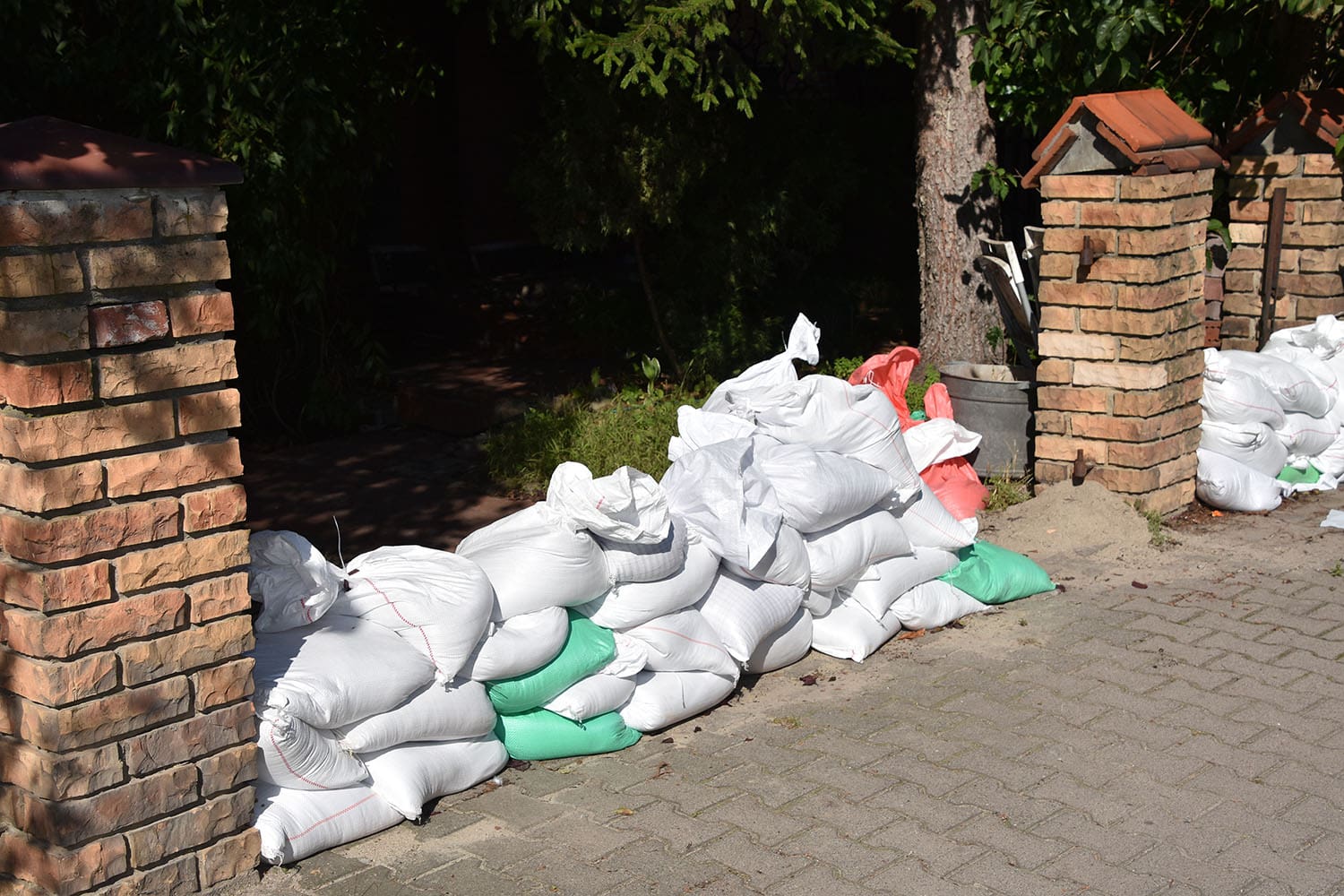If you own a business or reside in an area with cold temperatures, there are steps you can take to winter proof and protect your home and assets. Taking precautions can help protect you and your family, as well as your home or business from the effects of extreme winter weather.
Tips to prepare for winter weather
- Clean rain gutters. Dirty gutters can cause ice to build up and lead to roof and gutter damage.
- Repair roof leaks and cut away tree branches that could fall on a house or other structure during a storm.
- Have chimneys and any heating equipment cleaned and inspected on a yearly basis.
- Install a smoke detector and a battery-operated carbon monoxide detector near fireplaces, wood stoves, and kerosene heaters. Ensure they’re working with fresh batteries. Consider testing them monthly and replacing their batteries twice a year.
- Purchase an easy-to-read thermometer inside your home in a highly visible area, especially if you or a loved one are over 65 years old.
- Protect pipes from freezing: Insulate all water lines that run by exterior walls and other areas that are prone to freezing with heat tape, insulation, or newspapers so your water supply is less likely to freeze. Allowing faucets to drip a little during cold weather can keep them from freezing. Learn how to shut off water valves in case a pipe bursts.
- Make sure your home is properly insulated by using storm windows, plastic, weatherstripping, and insulation around windows and doors to eliminate drafts. Cover windows with plastic from the inside to keep the cold out, caulk and weather strip doors and windows, and be sure you have the proper insulation in your walls and attic.
- Purchase a power generator or wood-burning stove that can provide backup power in case of an outage.
- Follow the manufacturer’s instructions and know how to use it safely. All heating sources should also be installed according to local codes and permit requirements. Fuel- burning equipment should be vented to the outside to prevent carbon monoxide from getting trapped inside the building.
- Regular fuel sources may be cut off, so consider storing sufficient heating fuel, such as firewood or coal. However, be cautious of fire hazards when storing any type of fuel.
- Never use heating sources in partially enclosed areas and make sure that units are located away from windows, vents, and doors that can allow carbon monoxide to come indoors.
- Keep fire extinguishers on hand and make sure everyone knows how to use them.
- Have a qualified technician check your furnace system and vents to make sure they are functioning properly.
- Hire a professional to check the structural integrity of your roof and its ability to carry the weight of accumulated snow.
- Winterize any barns, sheds, and structures in addition to your home that may provide shelter for family, neighbors, livestock, or equipment.
- Have an emergency preparedness kit on hand for you and your loved ones.
For more information
We’re ready to help when you are. Get in touch and one of our experienced Baldwin advisors will reach out to have a conversation about your business or individual needs and goals, then make a plan to map your path to the possible.
This document is intended for general information purposes only and should not be construed as advice or opinions on any specific facts or circumstances. The content of this document is made available on an “as is” basis, without warranty of any kind. The Baldwin Insurance Group Holdings, LLC (“The Baldwin Group”), its affiliates, and subsidiaries do not guarantee that this information is, or can be relied on for, compliance with any law or regulation, assurance against preventable losses, or freedom from legal liability. This publication is not intended to be legal, underwriting, or any other type of professional advice. The Baldwin Group does not guarantee any particular outcome and makes no commitment to update any information herein or remove any items that are no longer accurate or complete. Furthermore, The Baldwin Group does not assume any liability to any person or organization for loss or damage caused by or resulting from any reliance placed on that content. Persons requiring advice should always consult an independent adviser.






